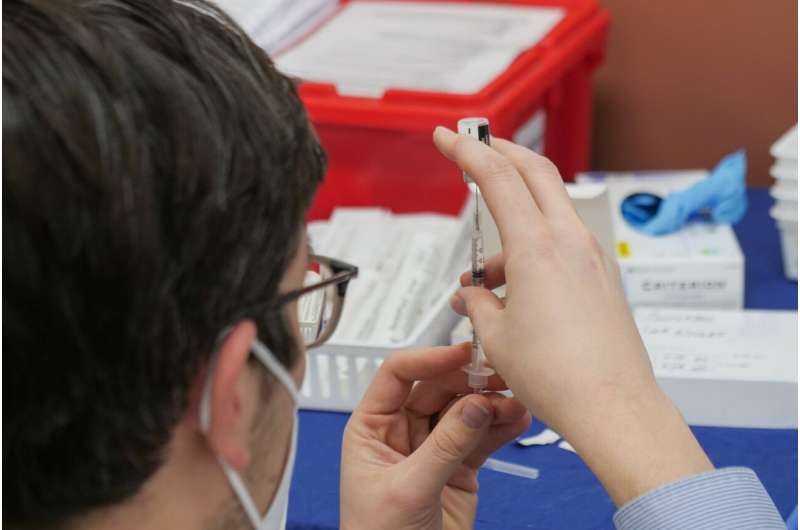Promising Traditional Chinese Herbal Formula for Myasthenia Gravis Treatment

Research explores how a Traditional Chinese Medicine herbal formula, Jianpi Yiqi Busui Prescription, may offer an effective, safer alternative for treating myasthenia gravis by modulating immune pathways, showing promise in preclinical models.
Myasthenia gravis (MG) is a chronic autoimmune condition characterized by muscle weakness and fatigue caused by disrupted communication between nerves and muscles. Symptoms often include drooping eyelids, difficulties in swallowing, and in severe cases, breathing issues, which can be life-threatening. The disease results from autoantibodies that target the neuromuscular junction—particularly the acetylcholine receptor (AChR)—hindering nerve signal transmission. It affects approximately 350 individuals per million, with women exhibiting a higher prevalence.
Standard treatments such as corticosteroids, immunosuppressants, biologics, and thymectomy are effective in managing symptoms but often come with significant side effects, high costs, and potential for relapse. This has prompted interest in alternative therapies that could provide symptom relief with fewer risks.
Traditional Chinese Medicine (TCM) has a longstanding history in managing MG in China. One notable herbal blend, Jianpi Yiqi Busui Prescription (JYBP), which includes herbs like Astragalus membranaceus, Codonopsis pilosula, and Rehmannia glutinosa, has shown promising clinical outcomes. Detailed mechanisms of its action have remained largely unclear until recent preclinical studies.
Researchers from Changchun University of Chinese Medicine conducted a study using a rat model that mimics human MG to investigate how JYBP exerts its effects. The study, published in the journal Biomolecules and Biomedicine, revealed that JYBP potentially modulates key immune pathways involved in the disease, offering new insights into its therapeutic potential.
In the experimental setup, rats induced with MG-like symptoms received varying doses of JYBP. The results demonstrated significant improvements in muscle strength, reduced disease severity, and lower levels of anti-AChR antibodies. Interestingly, high doses of JYBP showed effects comparable to prednisone but without the steroid’s typical side effects. The herbal formula also adjusted immune system imbalances by decreasing inflammatory Th17 and Th1 cells while increasing protective Th2 and regulatory T cells.
A critical finding was JYBP’s impact on the TAK1/P38 MAPK/eIF-4E signaling pathway—a pivotal pathway that promotes Th17 cell activity and inflammatory cytokine production. The herbal treatment appeared to inhibit this pathway, reducing IL-17 and other pro-inflammatory molecules, potentially addressing the underlying immune dysregulation in MG.
These findings suggest that JYBP could serve as a safer, complementary or alternative therapy for MG, especially for patients intolerant to conventional medications. Furthermore, its ability to target specific immune pathways highlights its potential in treating other autoimmune conditions characterized by Th17-driven inflammation. However, further research is necessary to identify active components within JYBP and to evaluate its effects on the broader immune landscape.
This study represents a promising step towards integrating traditional herbal medicine into modern autoimmune disease management. As the search for safer and more effective treatments continues, JYBP stands out as a candidate deserving of further clinical investigation, potentially paving the way for more holistic and personalized approaches to MG treatment.
Stay Updated with Mia's Feed
Get the latest health & wellness insights delivered straight to your inbox.
Related Articles
Breakthrough in Childhood Leukemia Treatment: New Drug Combination Shows Promise
A groundbreaking drug combination developed by Cambridge scientists shows promise in treating childhood leukemia more effectively and with fewer side effects, potentially transforming future therapies.
Global Study Highlights Frequency and Impact of In-Flight Medical Emergencies
A large-scale study reveals that 1 in 212 flights encounters a medical emergency, with some leading to hospital visits or aircraft diversions. Learn about factors involved and how airlines respond to handle these critical situations.
Artificial Intelligence Predictions on Long-Term Concussions in Student Athletes
University of Michigan researchers utilize AI to predict long-term health impacts of concussions on college athletes, emphasizing early assessments over injury frequency.



